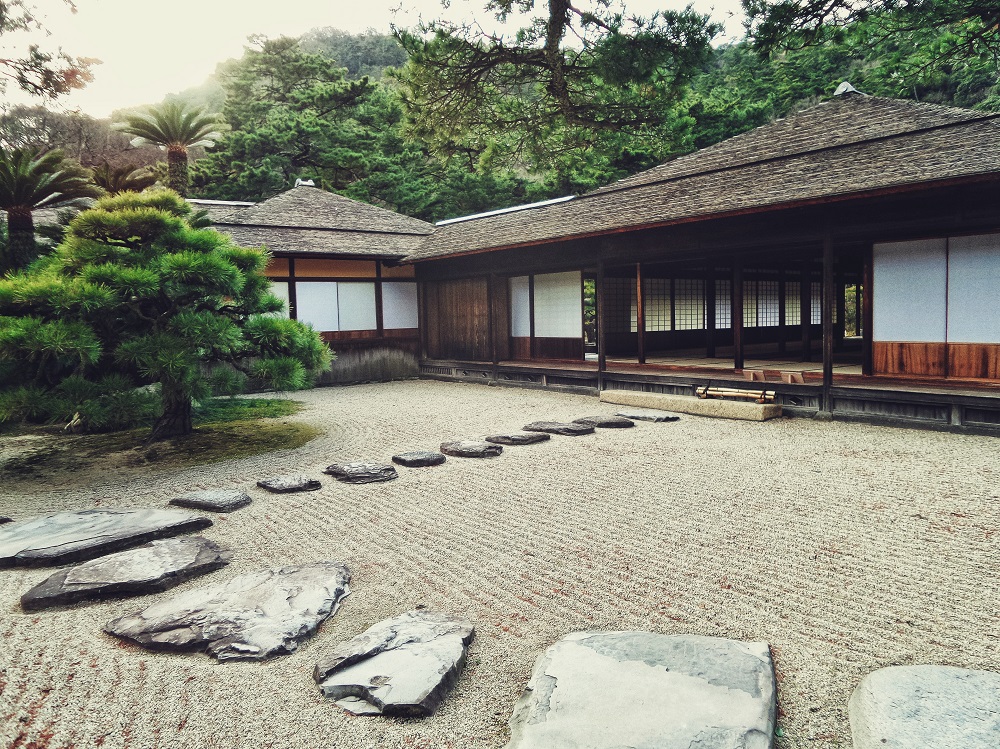Congratulations, after so much time and effort, you have purchased your new home!
It can feel like finishing a marathon after buying a house, but it’s not over yet. Moving into a new home means customizing the house to your needs and making sure you’re prepared for the rigors of being a homeowner.
Here’s a list of what you need to do after buying a new house:
Review your home warranty
To go with the house itself, you might receive a home warranty to cover the house’s major appliances or systems. After all, the last thing you want is to deal with a broken HVAC or dishwasher. Now is a good time to review the specifics of the warranty, so you’ll know what’s covered and how to file a claim. If you don’t have it, it’s smart to purchase one, even after closing.
Get to know your home
In cases of emergency, you need to know where everything is in your house. Note the locations of the following as soon as you set in:
- Main water shut-off valve – This shuts off the water source in case a sink starts leaking or a faucet breaks.
- Circuit box – This box, often made from plastic or metal, houses and protects your home’s electrical connections.
- Gas shut-off valve – This cuts the flow of gas to your house in the event of natural disasters like storms and earthquakes.
- Sump pump – This pump ensures that if there’s standing water in your house, it’s pumped out into a containment pond or the storm sewer.
Secure your home
The next thing you need to do to to make your home secure. According to the Federal Bureau of Investigation (FBI), there were a total of 1.4 million burglaries in the USA in 2017. More than two-thirds of these took place in residential properties, and the victims suffered property losses of over $3.4 billion.
Change all the locks and security codes. You don’t want the previous homeowners to gain access to your house because you forgot this important step. It can also help if you install security systems in your home. Burglars will tend to skip a house with a security system to seek out an easier target. Currently, 24 percent of American homes have security systems installed. Some security systems start at around $200 and offer monitoring plans for as low as $10 a month.

Check the smoke detectors
Ensure that all the house’s smoke and that carbon monoxide detectors are in excellent condition. Carbon monoxide is known as “the quiet killer.” It’s odorless and colorless, so there’s no way to tell if it’s in your house unless you have a working detector.
Perform deep cleaning
While many new homes may look clean at first glance, you just can’t be sure. After all, many people have walked inside the house and tracked in dirt while it was on the market (from agents, prospective buyers, inspectors, and more). It’s a good idea to hire professionals like these accredited window cleaners before you start moving your things in.
The process doesn’t stop after you’ve received the keys to your new house. By following these pointers, you’ll enjoy a smoother transition to being a homeowner.


